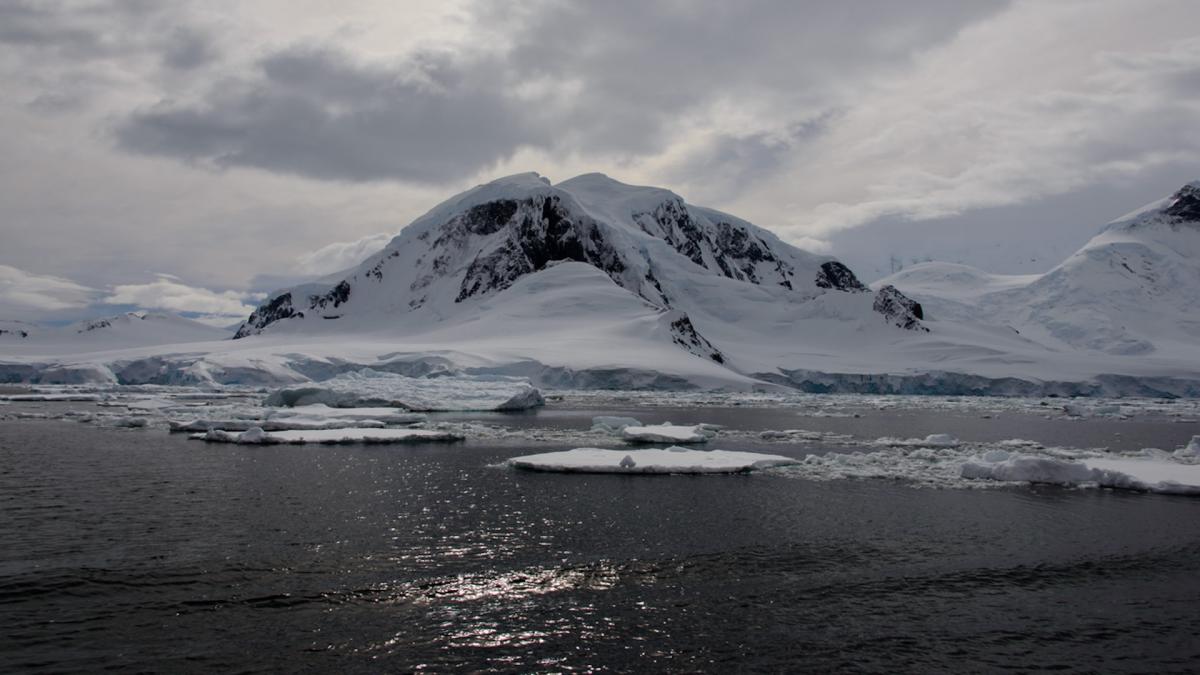
Two major countries are teaming up to block new environmental protections in one of Earth’s most pristine marine ecosystems, according to VOA News.
The Australian Antarctic Division warns this resistance is “most concerning,” especially given “the failure of some members to support the extension of existing krill management measures while the harmonization process is progressed.”
What’s happening?
During a recent meeting in Australia, China and Russia opposed key proposals to create new protected ocean areas and maintain limits on krill fishing in the Southern Ocean.
Advertisement
Advertisement
The proposals included four new marine protected areas and the renewal of existing limits on krill fishing near the Antarctic Peninsula. Currently, fishing in this area is capped at 620,000 tons to prevent too much fishing in one location. Krill are small, shrimp-like creatures that feed penguins, seals, and whales.
Why are blocked Antarctic protections concerning?
The ocean around Antarctica is home to unique wildlife that depends on a delicate food chain. When too much krill fishing happens in one area, it can leave local penguin and seal populations without enough food.
“If there’s too much krill fishing in one small region of Antarctica, it will restrict the amount of food available to the seal and penguin populations,” said Tony Press, an Antarctic expert at the University of Tasmania.
Watch now: What’s the point of leaf blowing anyway?
Some analysts believe China wants to increase its influence in Antarctica through fishing rights, while Russia is believed to be aiming to disrupt international cooperation. Both countries are said to think creating more protected areas could limit future development in the region.
What’s being done about Antarctic conservation?
Other countries in the 26-member Commission for the Conservation of Antarctic Marine Living Resources are pushing back. They’re exploring ways to implement protective measures without Russian and Chinese involvement.
Advertisement
Advertisement
The commission has successfully established two protected areas in the Southern Ocean before: one in 2009 and another in 2017. The four new proposed zones would increase the total protected area to 26% of the Southern Ocean.
Do you think America does a good job of protecting its natural beauty?
Definitely
Only in some areas
No way
I’m not sure
Click your choice to see results and speak your mind
Experts suggest diplomatic pressure and unified action from other countries could help overcome the blockage. “Other countries could decide that Russia and China’s behaviors mean they would have to start implementing decisions among themselves,” Press said.
Join our free newsletter for good news and useful tips, and don’t miss this cool list of easy ways to help yourself while helping the planet.
EMEA Tribune is not involved in this news article, it is taken from our partners and or from the News Agencies. Copyright and Credit go to the News Agencies, email news@emeatribune.com Follow our WhatsApp verified Channel




